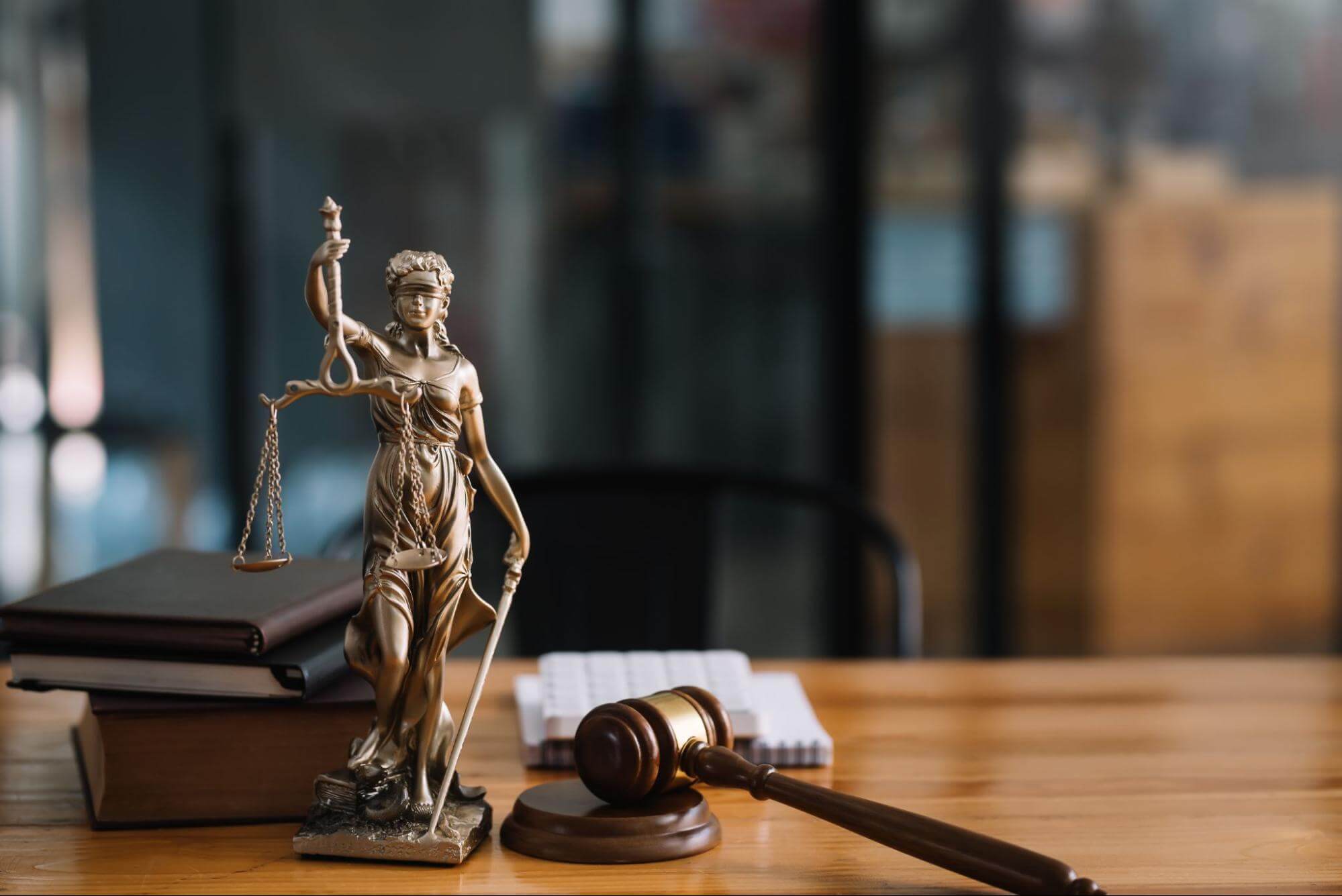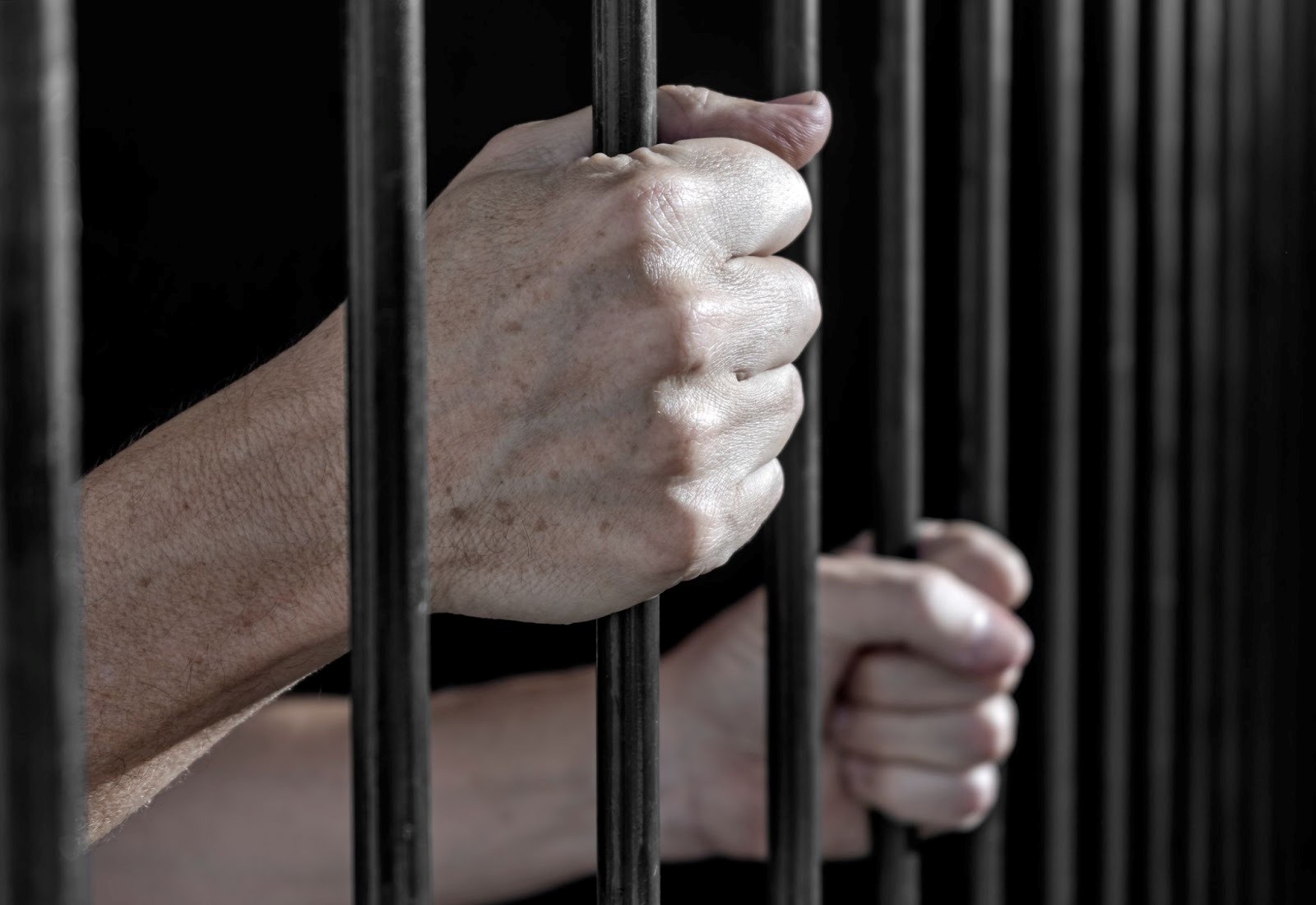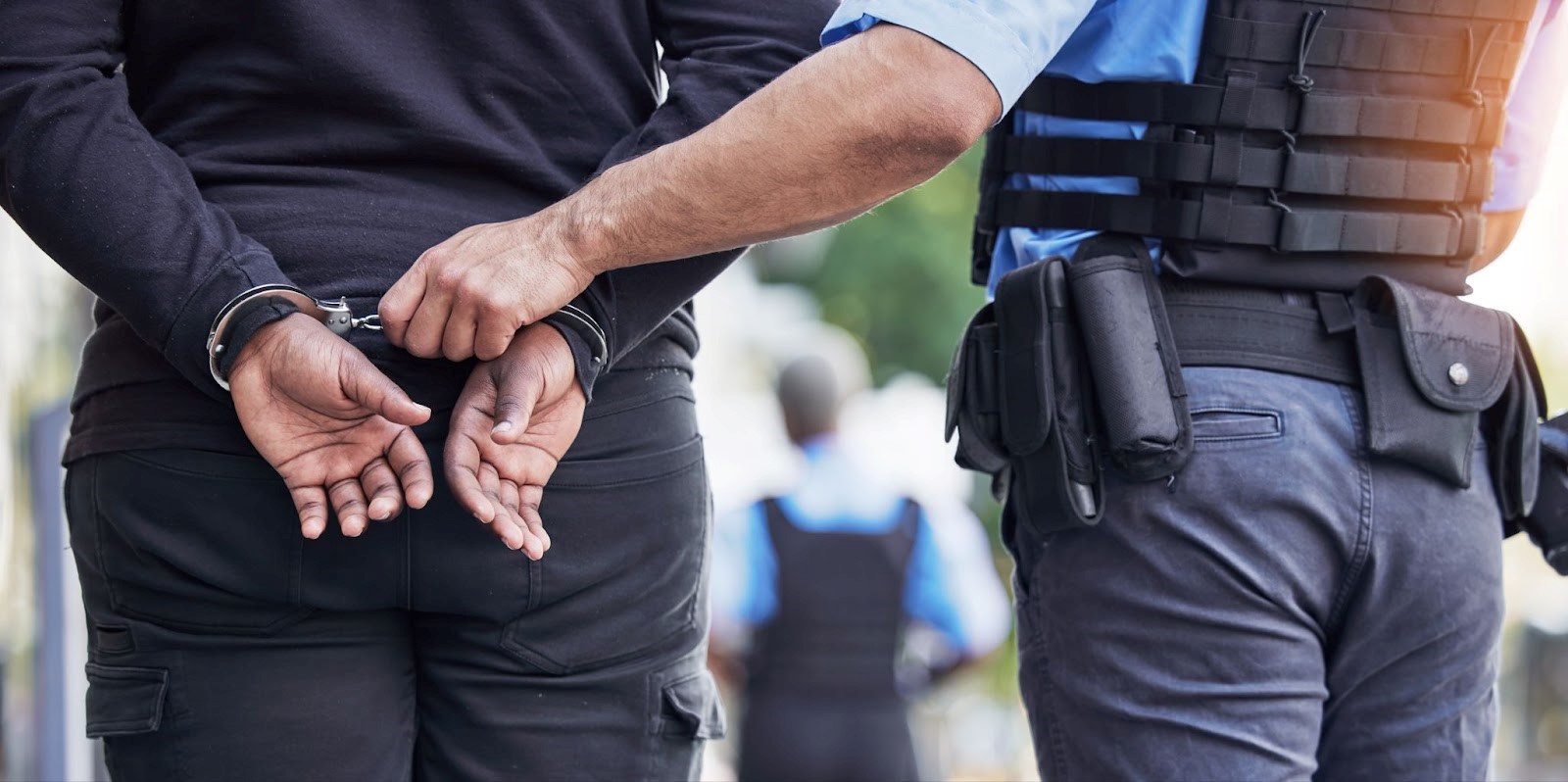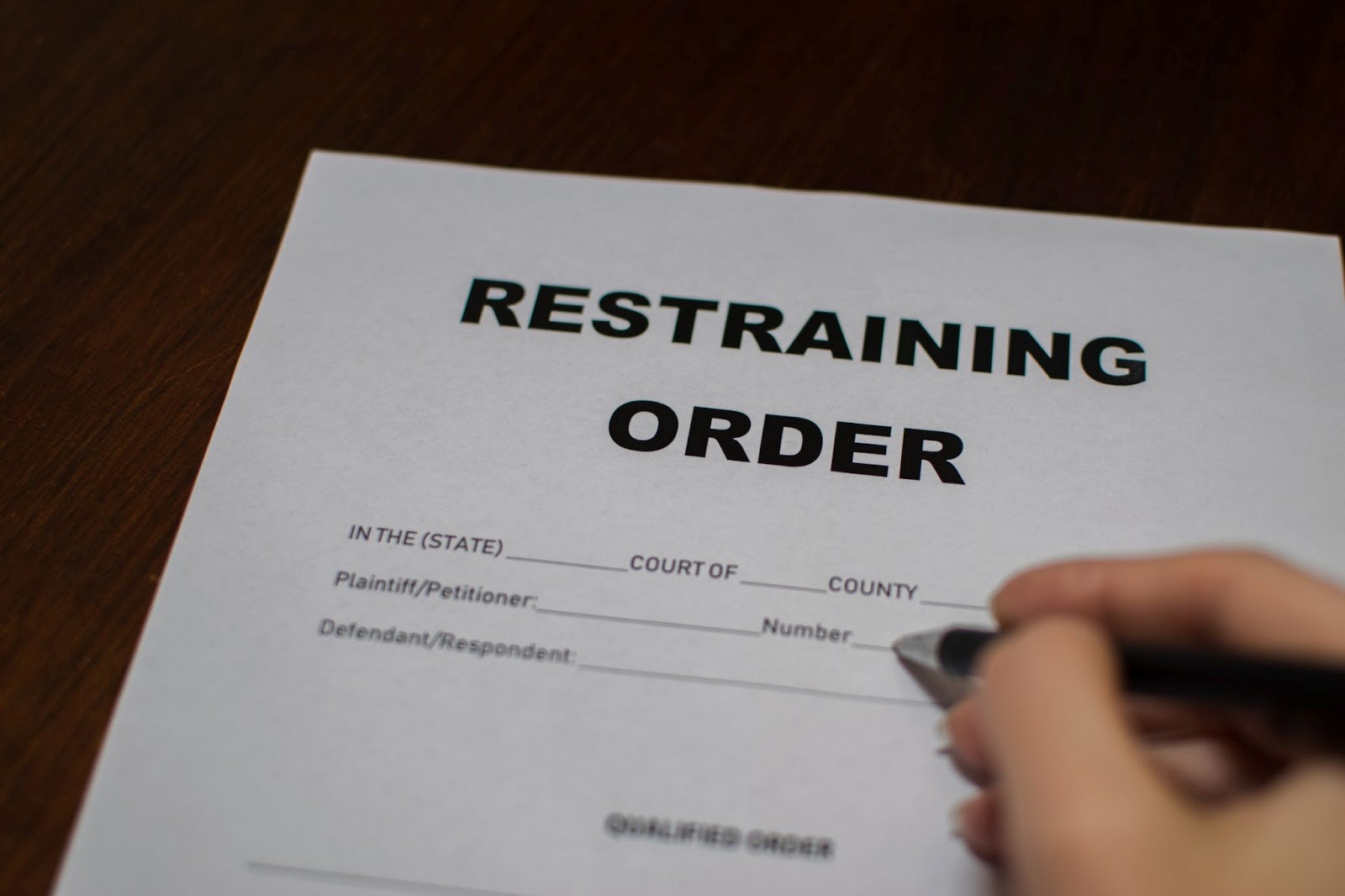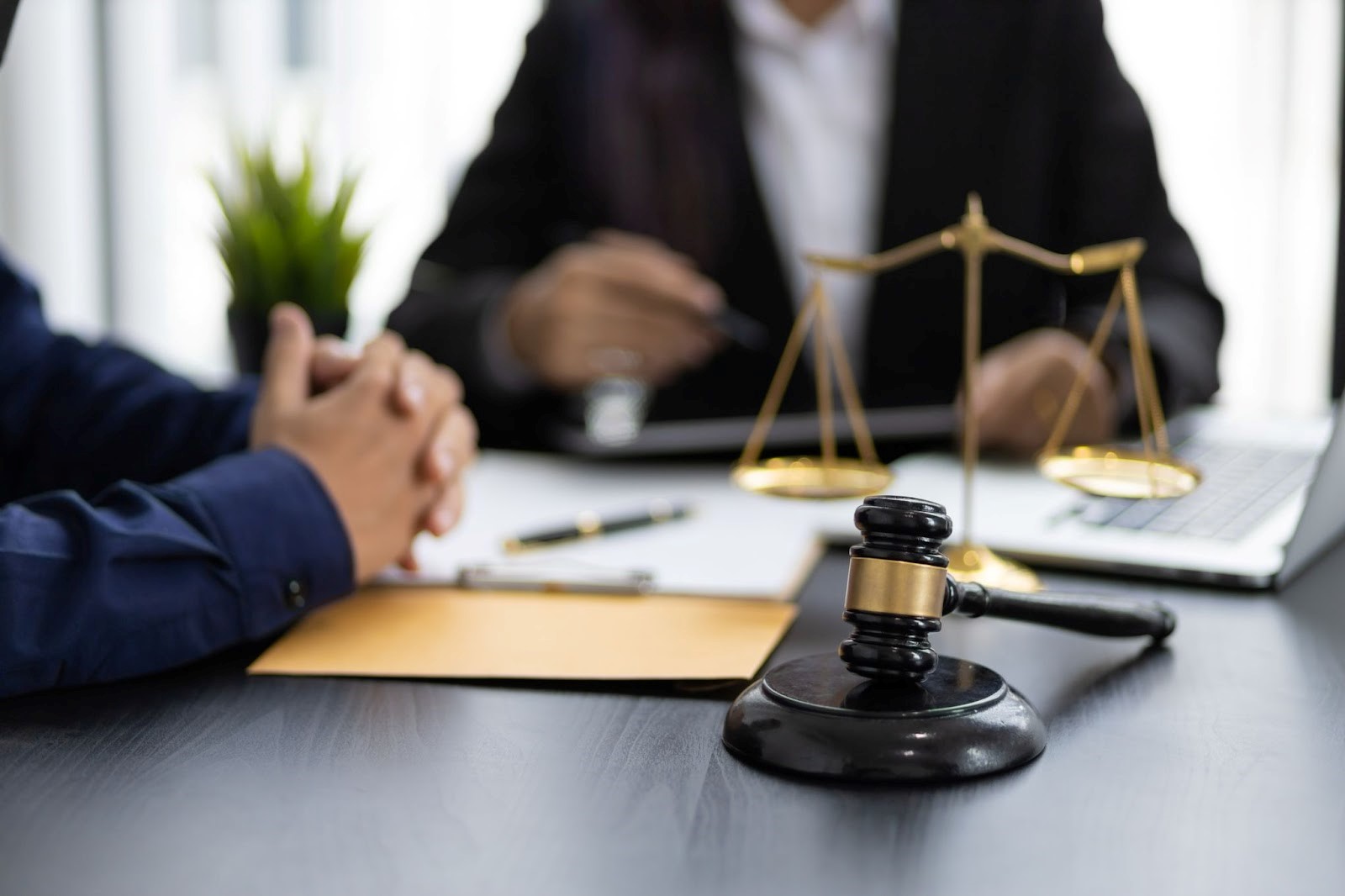Rana Lawyers Client Steps
Explain your case and we’ll determine if we need to have a conference or simply answer any questions you may be concerned about.
Book in for an initial conference with one of our experienced criminal lawyers and we’ll progress from there.
What is a Weapons Offence?
A Weapons Offence is Defined As:
“A person who carries, possesses, acquires, or uses a weapon, or who threatens to use a weapon, either directly or indirectly, in a manner that is unlawful and without lawful excuse, or who carries a weapon in a public place without a reasonable excuse, is said to commit a weapons offence.”
This is a broad category and can encompass various acts, such as carrying concealed weapons, possessing firearms without a licence, or using weapons in a threatening manner.
The charge of a weapons offence typically needs to be dealt with in the Magistrates Court, though certain cases may escalate to the District or Supreme Court depending on the severity and specifics of the offence.
To successfully prosecute a weapons offence, the Prosecution must prove the following key ‘elements’ of the offence beyond a reasonable doubt:
- You were in possession or control of a weapon;
- The possession or use of the weapon was unlawful;
- You carried or used the weapon;
- The carrying or use of the weapon occurred in a public place or in a manner that is not excusable under law;
- There was no lawful reason or reasonable excuse for the possession or use of the weapon.

Defences to Weapons Charges
When facing weapons charges, the following defences are most commonly raised:
Lawful Purpose – You possessed or used the weapon for a lawful purpose, such as employment, recreation, or sporting activities, and your actions were in accordance with legal permissions and regulations.
Self Defence – You carried or used the weapon in a situation where you reasonably believed it was necessary to defend yourself or another person, and the level of force used was not excessive under the circumstances.
Defence of Property – You possessed or used the weapon to protect your property from being illegally interfered with or to prevent criminal trespass, and there were no other means to protect the property.
These defences require careful legal consideration and often hinge on the specific circumstances of each case. It’s essential to consult with experienced weapons offence lawyers who can assess the validity of these defences in your situation.
What Are The Penalties for A Weapons Offence?
Weapons offences are governed under various sections of the Weapons Act 1990 and the Criminal Code Act 1899. The penalties for these offences can vary significantly based on the nature of the offence and the specific circumstances involved. Generally, these offences can carry substantial penalties, including imprisonment.
For instance, unlawful possession of a weapon under the Weapons Act 1990 can carry a maximum penalty of 7 years imprisonment. More serious offences, such as carrying a weapon in a public place without reasonable excuse or using a weapon to commit a crime, can attract even harsher penalties.
Given the potential severity of these penalties, it’s imperative to seek legal advice from experienced weapons offence lawyers who can provide expert guidance and robust representation in court.
Criminal Law Experts in Weapons Offence Charges
Understanding the court process for weapons offence charges is vital, and Rana Lawyers is here to guide you through it. The consequences of a conviction for a weapons offence can range from fines to imprisonment, making it crucial to have your case thoroughly assessed by a lawyer to understand the potential outcomes.
Upon your initial consultation with one of our skilled weapons lawyers, our team will evaluate your case and outline what to expect, both in terms of the legal process and upon retaining our services.
If you decide to plead guilty to a weapons offence charge, our firm will require funding for our services throughout the matter. Our experienced lawyers will then begin to process both the case material and the prosecution’s material. This includes another conference with you to gather any necessary evidence, followed by an assessment of whether the case requires conferencing with the Prosecution.
The next step is attending Court for the sentencing hearing. In cases where a trial is necessary, the process is longer, but our team will provide a clear understanding of what to expect in the initial conference.
Contact Our Weapons Lawyers
At Rana Lawyers, you can trust that you’re receiving the highest quality of representation in Court. Our approach is built on extensive experience in adversarial settings, setting us apart from the average firm.
Our decades of experience in trials and adversarial work have honed our methods and strategies in handling weapons offence cases. With a robust team of lawyers, paralegals, legal assistants, and administrators, we ensure that every client receives meticulous attention and care at every stage of their case. Contact our weapons lawyers today.


